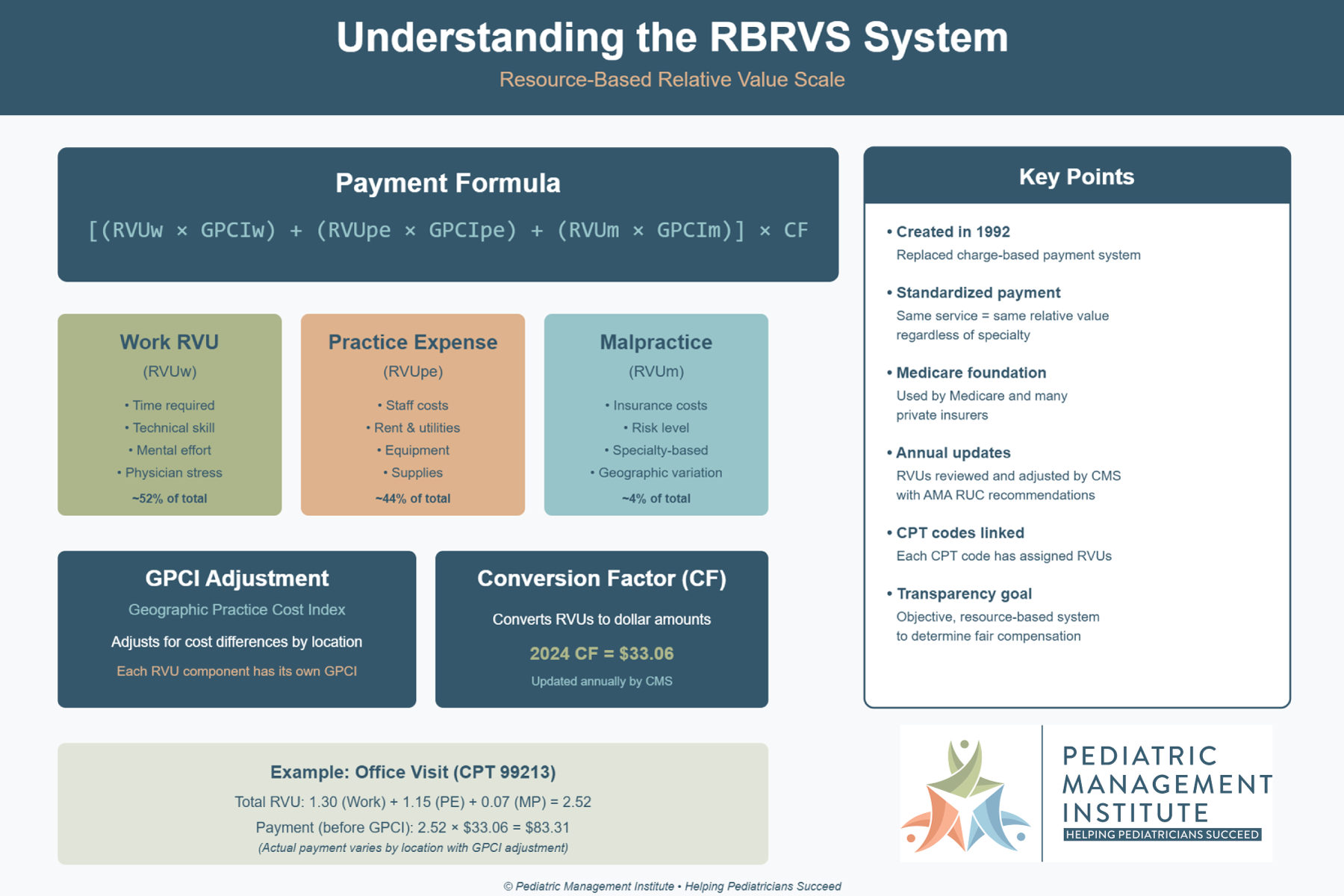A checkbook reconciliation is an essential accounting process for any business, including a pediatric practice, because it ensures that the practice’s internal financial records align with the transactions reported by its bank. At its core, this process involves comparing the practice’s check register or accounting software records against the bank statement for a given period, usually monthly. By carefully matching deposits, withdrawals, checks, and electronic payments, the pediatrician-owner and their team can confirm that all transactions have been properly recorded and no discrepancies exist between what the business believes occurred and what the bank shows actually occurred.
It’s important to understand that a checkbook reconciliation is not designed to evaluate the appropriateness, necessity, or validity of any specific payment or deposit. For instance, if a payment was made to a vendor or a refund was issued to a patient family, the reconciliation process does not question whether that payment should have been made—it only verifies that the payment was correctly entered into the books and cleared the bank. Similarly, deposits from insurance companies or patient payments are not assessed for accuracy in amount or payer; they are simply matched to ensure that every recorded deposit corresponds to a bank deposit and vice versa.
The primary purpose of checkbook reconciliation is accuracy and completeness in financial reporting. Even small errors—such as a double entry, a missed deposit, or an unrecorded bank fee—can distort the practice’s cash position and financial statements. Reconciling ensures that these errors are identified and corrected promptly. It also helps uncover potential problems like unauthorized transactions, bank errors, or outstanding checks that haven’t cleared, giving the practice a clearer picture of its true cash balance and financial health.
For pediatricians who own their practices, consistently performing checkbook reconciliations is a foundational part of good financial management. It provides confidence that the financial data guiding business decisions is reliable and current. With accurate books, the practice can better plan for payroll, equipment purchases, or future investments, and avoid surprises caused by cash shortfalls or misstatements. By focusing on completeness and alignment rather than the legitimacy of individual transactions, checkbook reconciliation plays a critical role in maintaining the financial integrity and operational stability of a pediatric medical practice.


